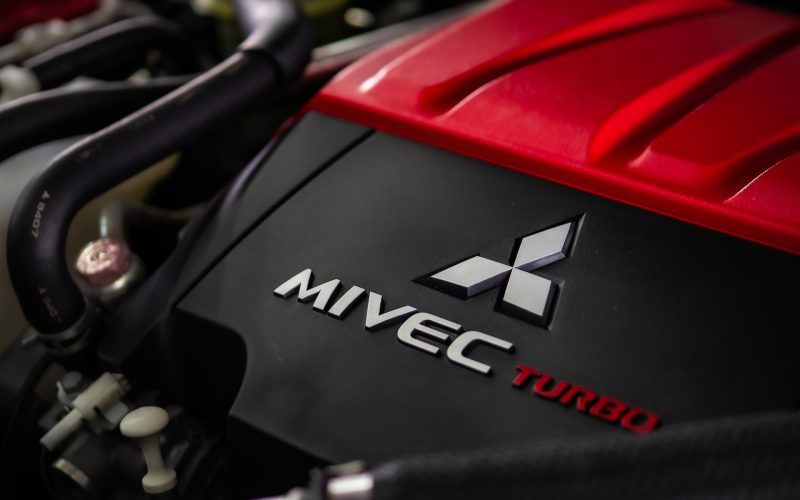In response to the ongoing challenges faced by the global automotive industry, Mitsubishi Motors has made the decision to prolong the suspension of production at its facilities in China. This development, recently reported by Yomiuri, reflects the company’s proactive approach in adapting to the current circumstances. Let’s dive into the details and explore the latest updates on Mitsubishi Motors’ continued production suspension.
The Semiconductor Chip Shortage
The semiconductor chip shortage has been a pressing issue for the automotive industry worldwide. This shortage originated from a combination of factors, including disruptions caused by the COVID-19 pandemic and increased demand for consumer electronics. As semiconductor chips play a crucial role in the manufacturing of vehicles, the shortage has significantly impacted the global automotive supply chain, leading to production delays and challenges for automakers.
Mitsubishi Motors’ Response
Mitsubishi Motors’ decision to extend the production suspension at its Chinese facilities showcases the company’s dedication to adapting to the current circumstances. By aligning their production activities with the availability of semiconductor chips, Mitsubishi Motors aims to optimize their manufacturing processes and ensure efficient operations.
While the decision to continue the production suspension poses challenges for Mitsubishi Motors, it is a necessary step to navigate the semiconductor chip shortage effectively. The company is likely prioritizing the allocation of available chips to key markets and high-demand vehicle models, ensuring that resources are utilized strategically.
Insights from Yomiuri
The latest report from Yomiuri provides valuable insights into Mitsubishi Motors’ continued production suspension in China. It highlights the severity of the chip shortage issue and its impact on the automotive industry as a whole. The article emphasizes the ongoing efforts made by automakers to secure chip supply, including collaborations with chip manufacturers and the exploration of alternative sourcing strategies.
Navigating the Future
The road ahead for Mitsubishi Motors and the automotive industry as a whole is not without challenges. The semiconductor chip shortage is expected to persist for the foreseeable future, and automakers must remain agile and adaptable to the evolving circumstances. Efforts are being made to diversify supply chains, strengthen local chip manufacturing capabilities, and enhance coordination between suppliers and manufacturers.
While the semiconductor chip shortage presents obstacles, it also serves as an opportunity for the automotive industry to reimagine and strengthen its operations. By embracing technological advancements, fostering innovation, and collaborating with stakeholders across the supply chain, automakers can build resilience and ensure a more stable and sustainable future.
Conclusion
Mitsubishi Motors’ decision to extend the production suspension in China in response to the semiconductor chip shortage is a testament to the company’s commitment to adapting to the current times. By aligning their operations with the availability of semiconductor chips, Mitsubishi Motors aims to optimize their manufacturing processes and overcome the challenges posed by the chip shortage.
Insights from Yomiuri shed light on the severity of the chip shortage issue and the ongoing efforts within the automotive industry to address it. While the road ahead may be challenging, the industry remains resilient and determined to navigate through the crisis. By embracing innovative solutions, collaborating with partners, and exploring alternative strategies, automakers can adapt to the times and emerge stronger in the face of adversity.












